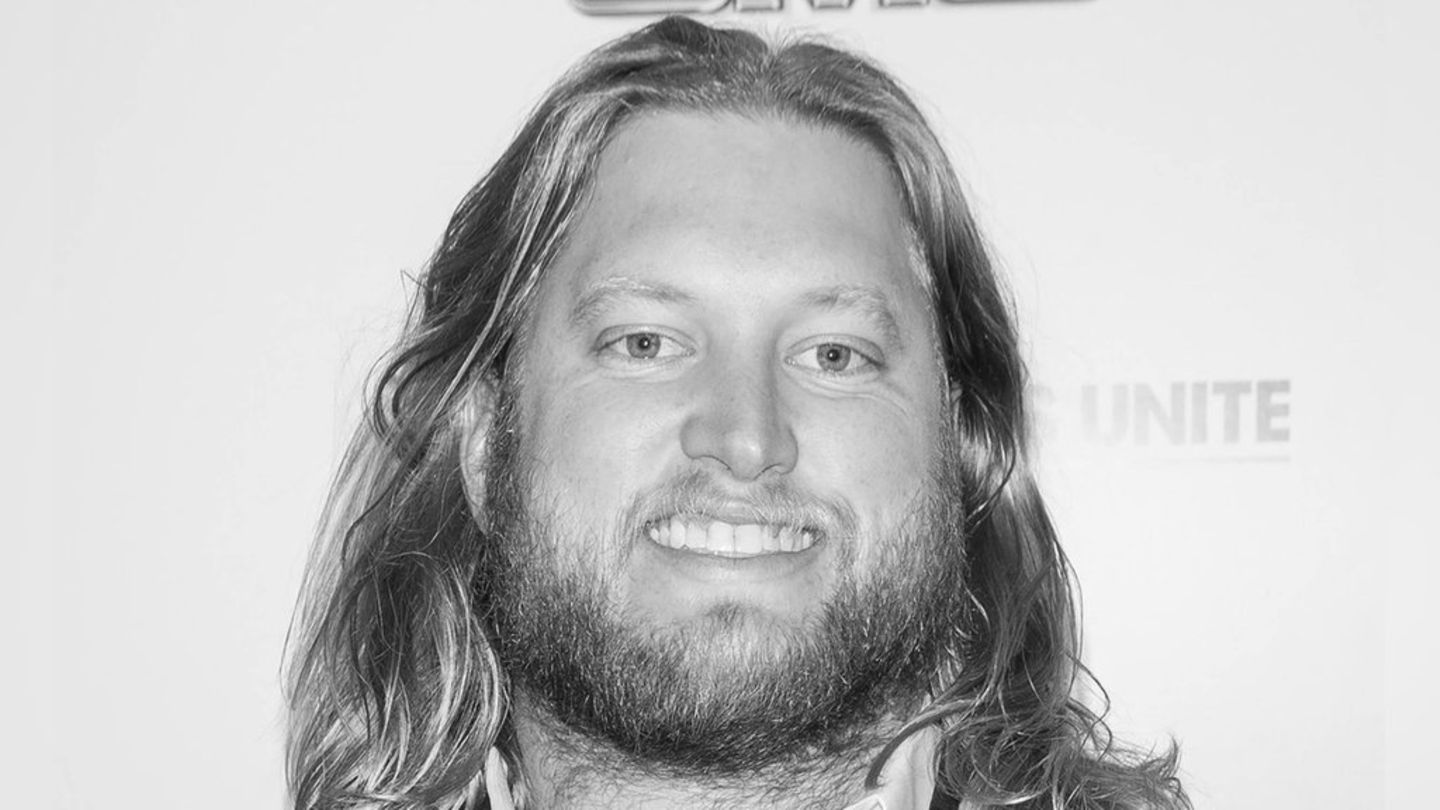The group of West African countries postponed a meeting scheduled for today in Ghana to decide on the deployment of a military force in Niger to restore constitutional order after the coup on July 26.
The meeting, which was to be held in Accra, the capital of Ghana, was postponed “for technical reasons,” regional military sources reported, quoted by the AFP news agency.
The chiefs of staff of the Economic Community of West African States (ECOWAS) had to propose to their leaders “the best options” after the decision to activate and deploy their “reserve force” to “restore constitutional order” in Niger.
Neither the date nor the modalities of said intervention were revealed, but according to the Ivorian president, Alassane Ouattara, it will be convened “as soon as possible”.
“The military option seriously considered by ECOWAS is not a war against Niger and its people, but a police operation against the hijacker and his accomplices,” Niger’s Foreign Minister Hassoumi Massaoudou said today on X, formerly known as Twitter.
The announcement comes a day after thousands of supporters of the military junta that took power in Niger demonstrated in Niamey, the capital of the African country, to express their support for the coup leaders.
The demonstrators, waving Russian and Nigerian flags, expressed their support for the perpetrators of the coup and in particular their boss, General Abdourahamane Tchiani, and denounced the intervention plans of ECOWAS.
“We are going to throw out the French! ECOWAS is not independent, it is a manipulation of France,” said Aziz Rabeh Ali, a member of the student union.
The Nigerien military accuses France, a former colonial power, of having encouraged ECOWAS to intervene in the country.
France, an ally of Niger before the coup and the ousted president, has some 1,500 soldiers in the African country who cooperate in the fight against the jihadist groups that have a presence in the Sahel area.
After the coup, concern grew for President Mohamed Bazoum, kidnapped with his wife and son, in “inhumane” conditions, according to the UN.
The head of US diplomacy, Antony Blinken, said yesterday that he was “dismayed” by the refusal of the military to release, as a “sign of goodwill”, the family of the deposed president.
According to one of Bazoum’s relatives, the military “threatened” to harm him in the event of an armed intervention.
“The intervention is going to be risky, he is aware of this, he considers that we need a return to constitutional order, with him or without him,” because “the rule of law is more important than his person,” said one of his advisers.
However, ECOWAS hopes to resolve the crisis through diplomatic channels.
Nigerian President Bola Tinubu, heading the regional bloc’s rotating presidency, said he hoped to “reach a peaceful resolution” and that the use of force was the “last resort.”
The ECOWAS decisions received the “full support” of the United States and France.
These two countries had made Niger a hub of the fight against jihadist groups in the Sahel.
A few days after the coup, the Cedeao leaders had already issued an ultimatum to the military to restore Bazoum to power by August 7 at the latest, under threat of use of force.
But the Nigerien military ignored the ECOWAS deadline and began to show signs of wanting to establish itself in power, the last one on Thursday, with the announcement of a new Executive with 20 ministers, which includes two generals in command of the Interior and Defending.
The new government met for the first time on Friday and, according to an adviser to the Mali presidency who spoke on condition of anonymity, General Salifou Mody, the new defense minister and one of Niger’s strongmen, paid a brief visit to Mali.
Several countries in the region have shown their reservations about an intervention: neighboring Mali and Burkina Faso, also ruled by the military, have expressed their solidarity with Niamey.
In the past, ECOWAS has already intervened in Liberia, Sierra Leone and Guinea-Bissau.
Source: Ambito




